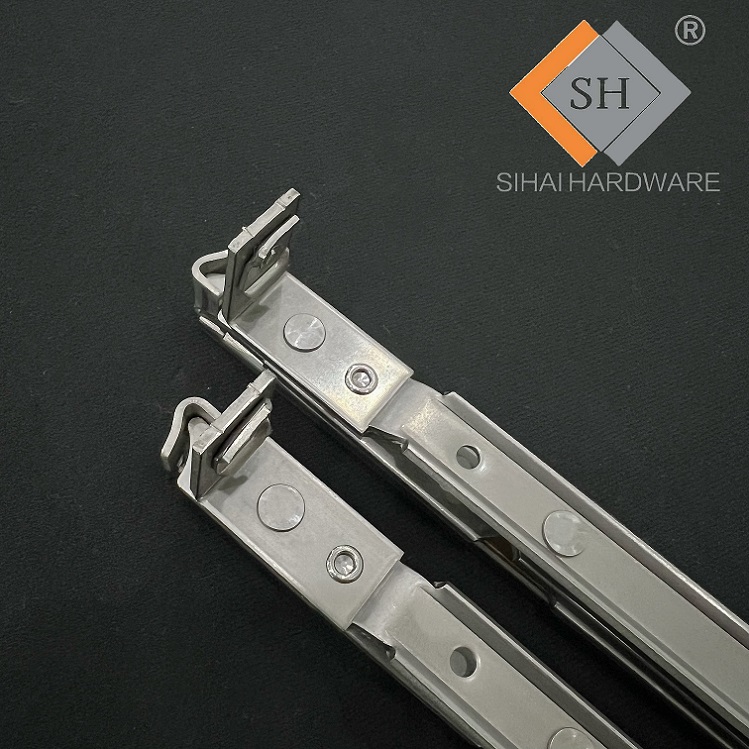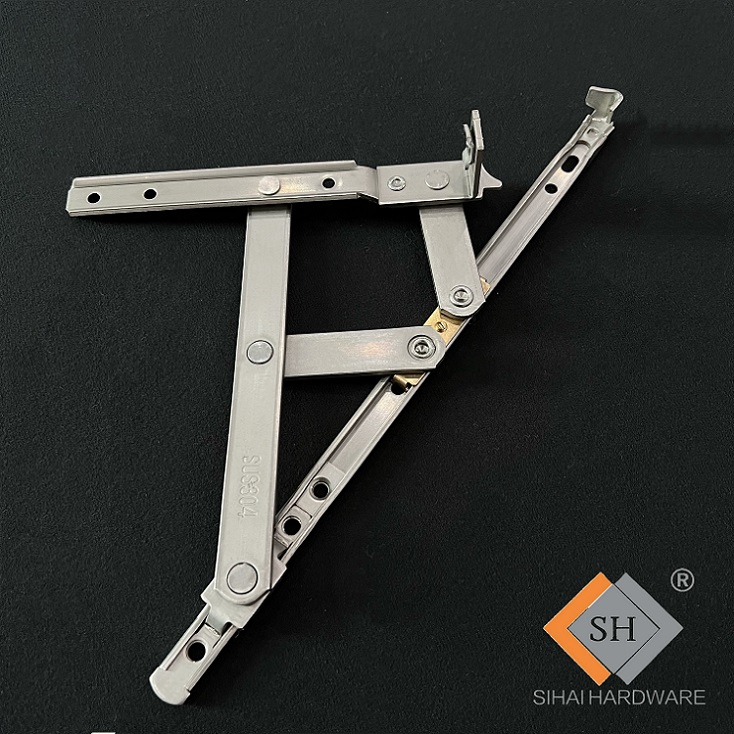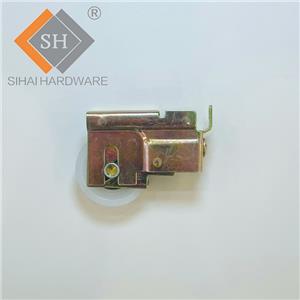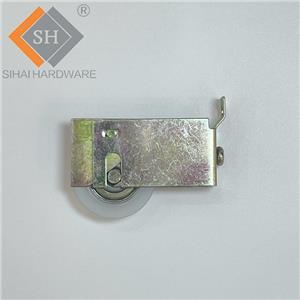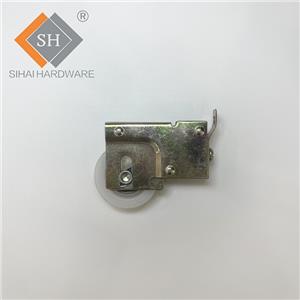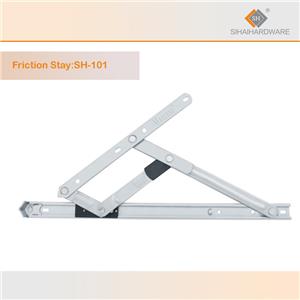ARTICLE NO.93|Comparing Side Hung and Top Hung Friction Stays: Key Differences and Applications
ARTICLE NO.93|Comparing Side Hung and Top Hung Friction Stays: Key Differences and Applications
When it comes to window operation, choosing the right type of **window hinges** is crucial for functionality and safety. Among the various options available, **window friction stay hinges** are popular for their ability to hold windows in multiple positions. This article elaborates on the differences between side hung and top hung friction stays, while also emphasizing their role within **door and window hardware**.
Overview of Window Friction Stay Hinges
**Window friction stay hinges** are designed to allow windows to open, close, and remain in a fixed position without the need for additional support. These hinges use a friction mechanism to control the opening angle and can be adjusted for various positions, enhancing ventilation and ease of use.
Types of Friction Stays
1. **Side Hung Friction Stays**
2. **Top Hung Friction Stays**
Description
Side hung friction stays are installed on the side of a window, allowing it to swing outward from one side. This design is common in casement windows and provides a wide opening angle.
Advantages
- **Maximized Ventilation**: Side hung windows can open fully to allow maximum airflow.
- **Ease of Operation**: These hinges offer a smooth opening and closing motion, making them user-friendly.
- **Aesthetics**: They provide a traditional look, often complementing classic architectural styles.
- **Versatile Use**: Suitable for both residential and commercial applications.
Considerations
- **Space Requirements**: Side hung windows require sufficient space outside to open fully, which may not be suitable for narrow or cramped areas.
- **Weather Exposure**: Since the window swings outward, it may be more susceptible to wind-driven rain, necessitating robust weather sealing.
Description
**Top hung friction stays** are installed at the top of the window frame, allowing the window to pivot from the top. This design is commonly used in awning windows, which open outward from the bottom.
Advantages
- **Protection from Elements**: Top hung windowscan remain open during light rain, providing ventilation while keeping the interior dry.
- **Space Efficiency**: They require less exterior space to operate, making them ideal for tight areas.
- **Contemporary Aesthetic**: Often used in modern architectural designs, offering a sleek and clean appearance.
- **Increased Security**: The design can make it more difficult for intruders to access the window from outside.
Considerations
- **Limited Opening Angle**: The opening angle may be less than that of side hung windows, potentially reducing airflow.
- **Operational Limitations**: Awning windows may not be suitable for all applications, particularly where full access is needed.
Key Differences Between Side Hung and Top Hung Friction Stays
| Feature | Side Hung Friction Stays | Top Hung Friction Stays |
| Opening Mechanism | Swings outward from the side | Pivots from the top |
| Ventilation | Provides maximum airflow | Allows ventilation while protecting from rain |
| Space Requirements | Requires more exterior space | Requires less exterior space |
| Aesthetic Appeal | Traditional look | Modern, sleek appearance |
| Weather Resistance | More exposure to the elements | Better protection against weather |
| Use Cases | Commonly used in residential windows | Ideal for contemporary designs |
Conclusion
Both **side hung** and **top hung friction stays** serve essential roles in **door and window hardware**, offering unique benefits tailored to different applications. Understanding the differences between these two types of **window hinges** will help you make informed decisions based on your specific needs, whether for residential or commercial settings. By selecting the appropriate friction stay hinges, you can enhance functionality, aesthetics, and overall window performance.
If you have any further questions or need additional information, feel free to ask!

